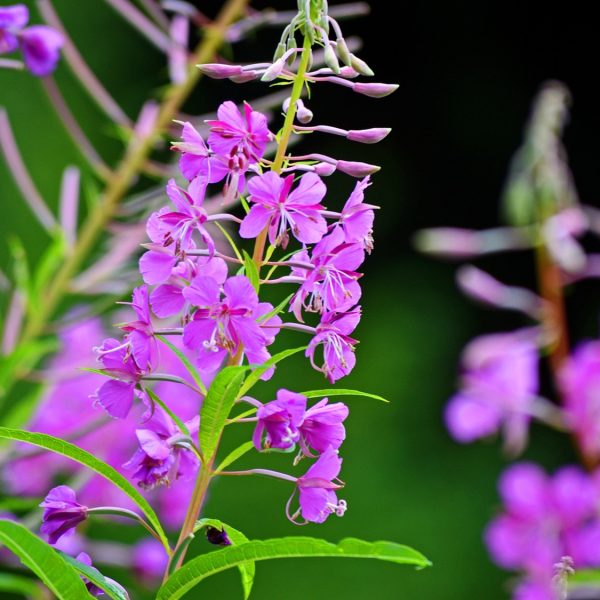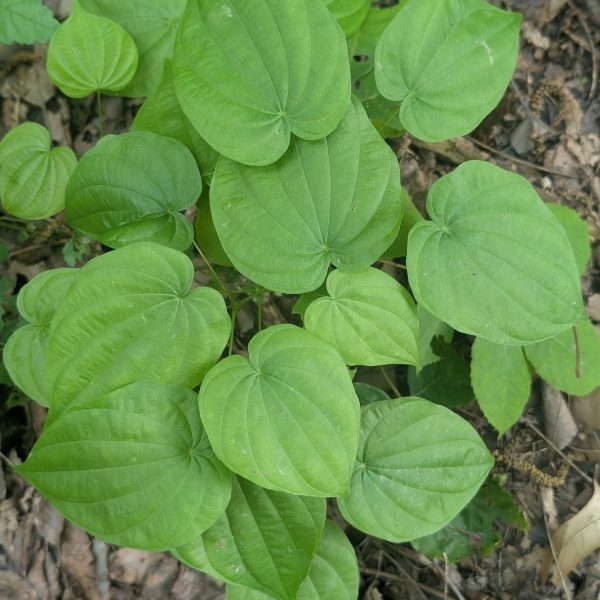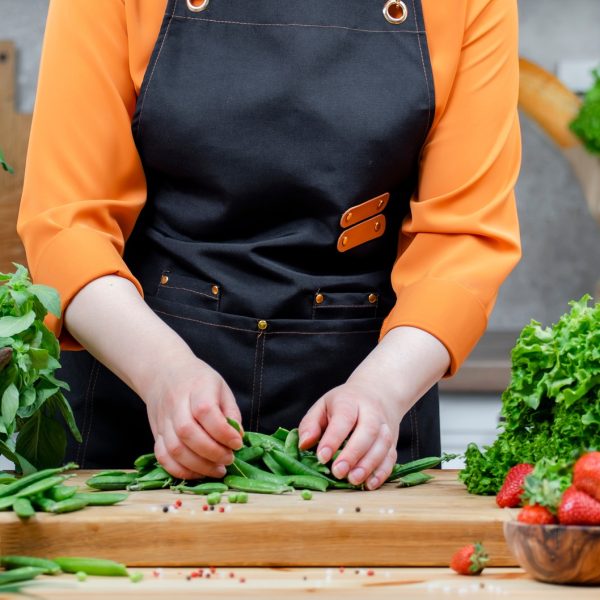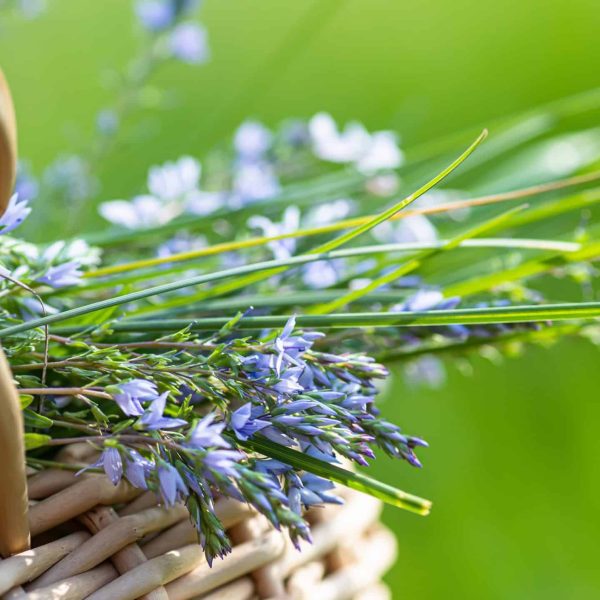The Sustainable Herbs Initiative is a collective of companies, producers, and herbalists committed to building transparency and reciprocity into the foundations of herbal trade.
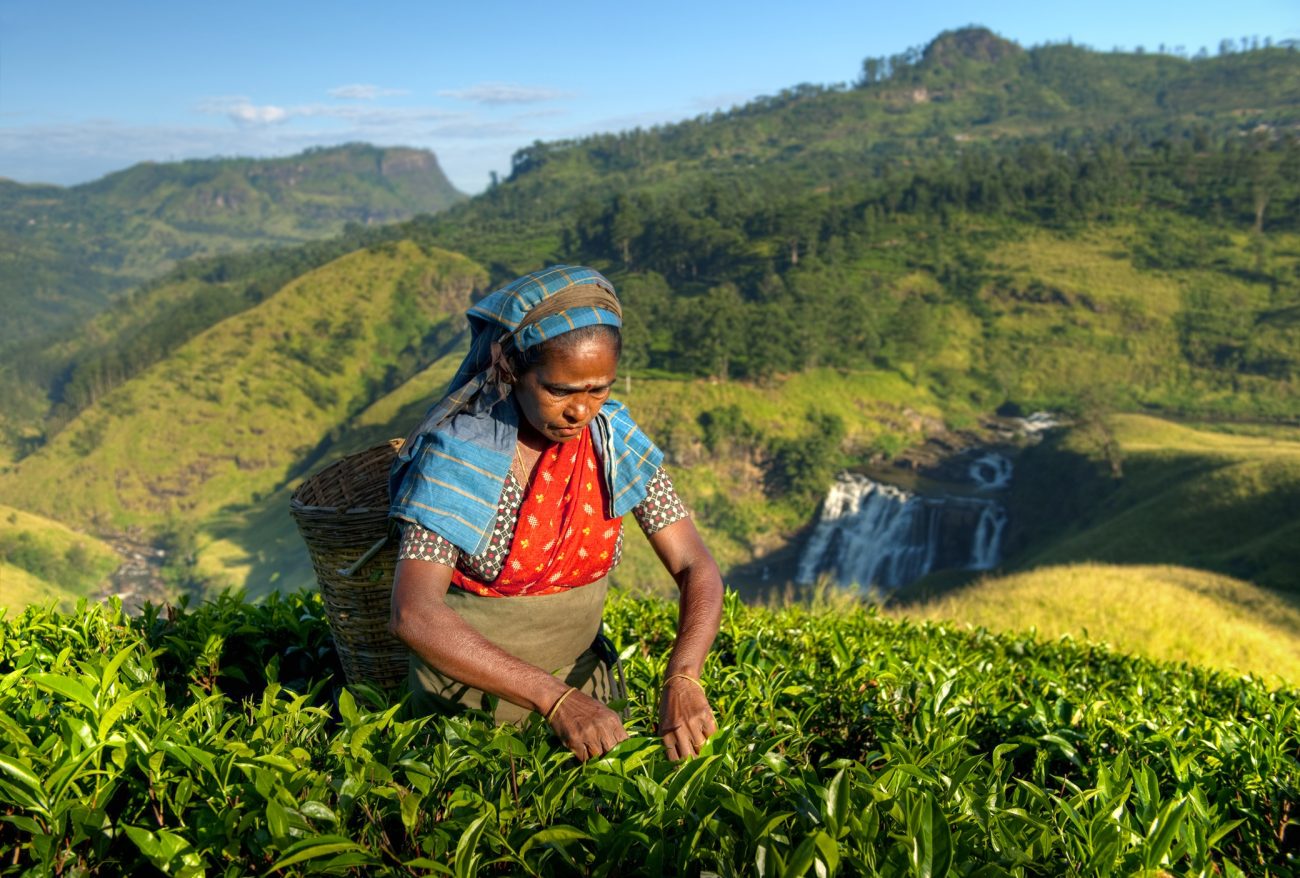
The Sustainable Herbs Initiative (SHI) is a growing community of herbal companies, producers, and practitioners committed to reimagining how herbs are sourced, processed, and brought to market. We believe that meaningful change begins with relationships built on trust, transparency, and a shared sense of responsibility for the wellbeing of people and the planet. Rather than focusing on incremental improvements, SHI invites a deeper shift.
We ask what becomes possible when we move from extraction to reciprocity, from short-term thinking to long-term care, and from isolation to connection. What might change if we slow down and listen more deeply to each other, to ourselves, and to the plants? Through virtual and in-person Learning Labs, Learning Journeys, and ongoing working groups, we create space for reflection, collaboration, and concrete action.
These programs are rooted in the understanding that business, when aligned with values and community, can be a force for healing. Together, we are building the foundation for a different kind of herbal industry, one that recognises the aliveness of the world and acts accordingly.
In 2015, I began what is now the Sustainable Herbs Initiative (known then as Sustainable Herbs Project) with a few big questions:
- What changes when we truly see the conditions behind the products we consume?
- Is it possible for the herbal products industry — one built around plants and healing — to reflect a genuine relationship with the living world? And if so, how would we know?
I started by listening. For two years, I documented the stories of the people and places behind herbal products, creating short films and writing what would become The Business of Botanicals (now republished as Following the Herbal Harvest). In 2019, I brought the project to the American Botanical Council, where I shifted my focus to understanding how companies were navigating the real, often messy challenges of ethical sourcing.
Through webinars, toolkits, and panels, I saw a pattern: Most companies already know what needs to happen: build trust, pay fairly, stay in a relationship. But the question isn’t just what to do. It’s how to stay committed to that work overtime, in a system that so often pulls us away from care.
So, I began organising Learning Labs — spaces grounded in the Presencing Institute’s approach to systems change. These Labs, along with immersive Learning Journeys in Appalachia, Oregon, and Nicaragua, have become places to slow down and reconnect: With each other, with plants and landscapes, and with our own sense of what matters. The deeper the connection, the clearer the next step becomes.
Today, the Sustainable Herbs Initiative is home to a growing network of companies, producers, herbalists, and researchers working to build an industry rooted in reciprocity.
Working groups explore sourcing risks, wild harvesting, storytelling, scope 3 emissions, and quality.
And our members continue to show up — with questions, commitments, and the courage to rethink how business is done.
I outline some of the work we have done below.
Learning labs
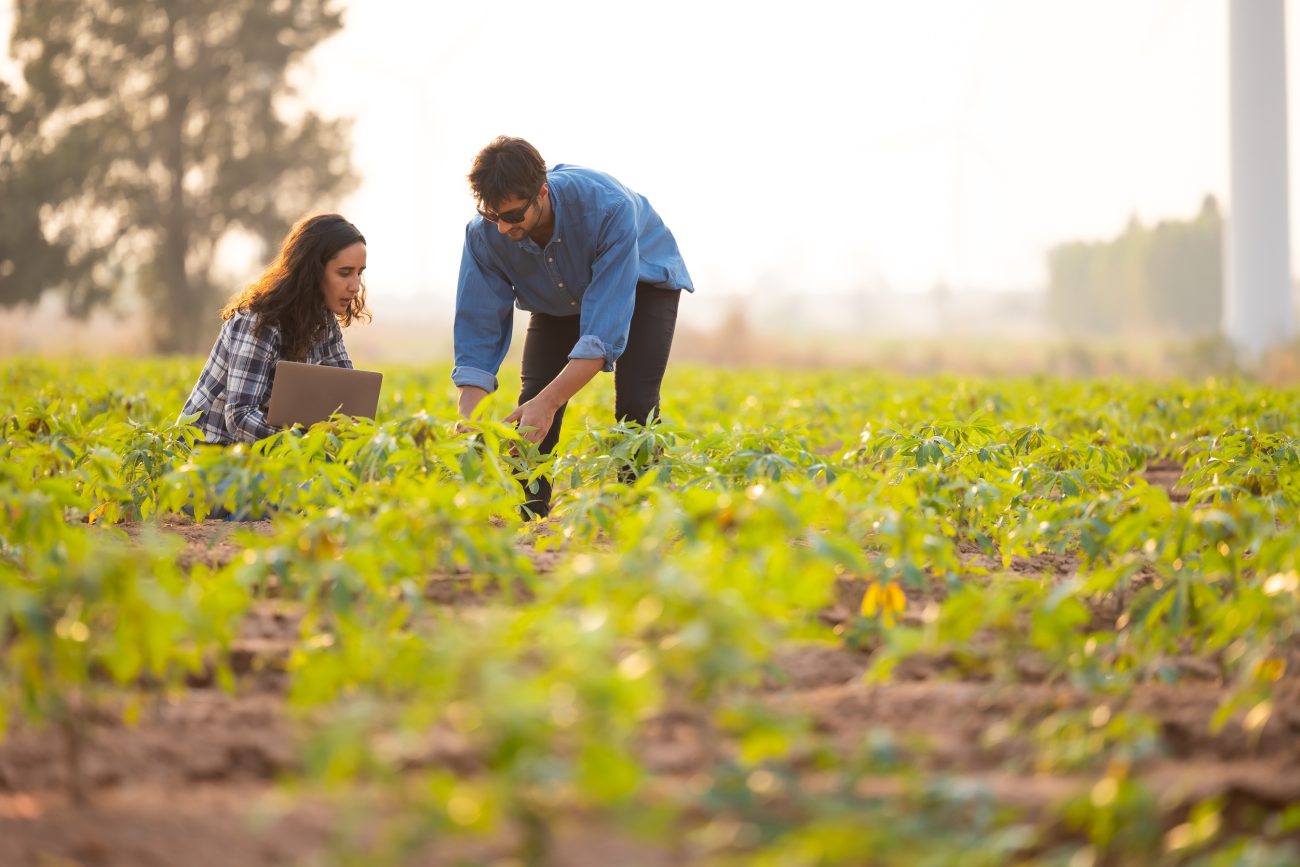
Learning Labs are the heart of SHI’s systems-change work. These facilitated sessions invite participants to look beyond symptoms and explore the structural and cultural patterns that shape the herbal industry.
Sustainable Herbs Initiative Alumni Learning Lab
One of the key concepts in the SHI Learning Labs has been, in the language of Theory U, 4.0, or eco-systemic and regenerative Action. Open to Alumni of previous Learning Labs and/or Learning Journeys, this Learning Lab will ask: How can we bring the values at the heart of systems of plant medicine to inform and transform the capitalist systems within which the industry currently operates?
Executive Leaders Lab
Designed for senior leaders navigating governance and strategy, this Lab offers a space for courageous conversation around integrating nature into decision-making, rethinking ownership models, and cultivating long-term stewardship.
General Labs
Open to all SHI members, these labs tackle pressing industry-wide issues, offering practical strategies to improve sourcing practices, mitigate risks, enhance transparency, and build regenerative organisational cultures.
Producer-Focused Lab
For primary producers (wild harvesters, farmers, and those in primary processing), ingredient suppliers, and wholesale traders, this Learning Lab will focus on providing the framework and skills to support shifting from trade based on extractive to mutually supportive trade relationships.
Learning journeys with the Sustainable Herbs Initiative
Learning Journeys Learning Journeys are immersive, place-based gatherings that invite industry leaders to engage directly with the landscapes, communities, and ecosystems most affected by sourcing decisions. Participants slow down, listen deeply, and connect as whole people — not just professionals.
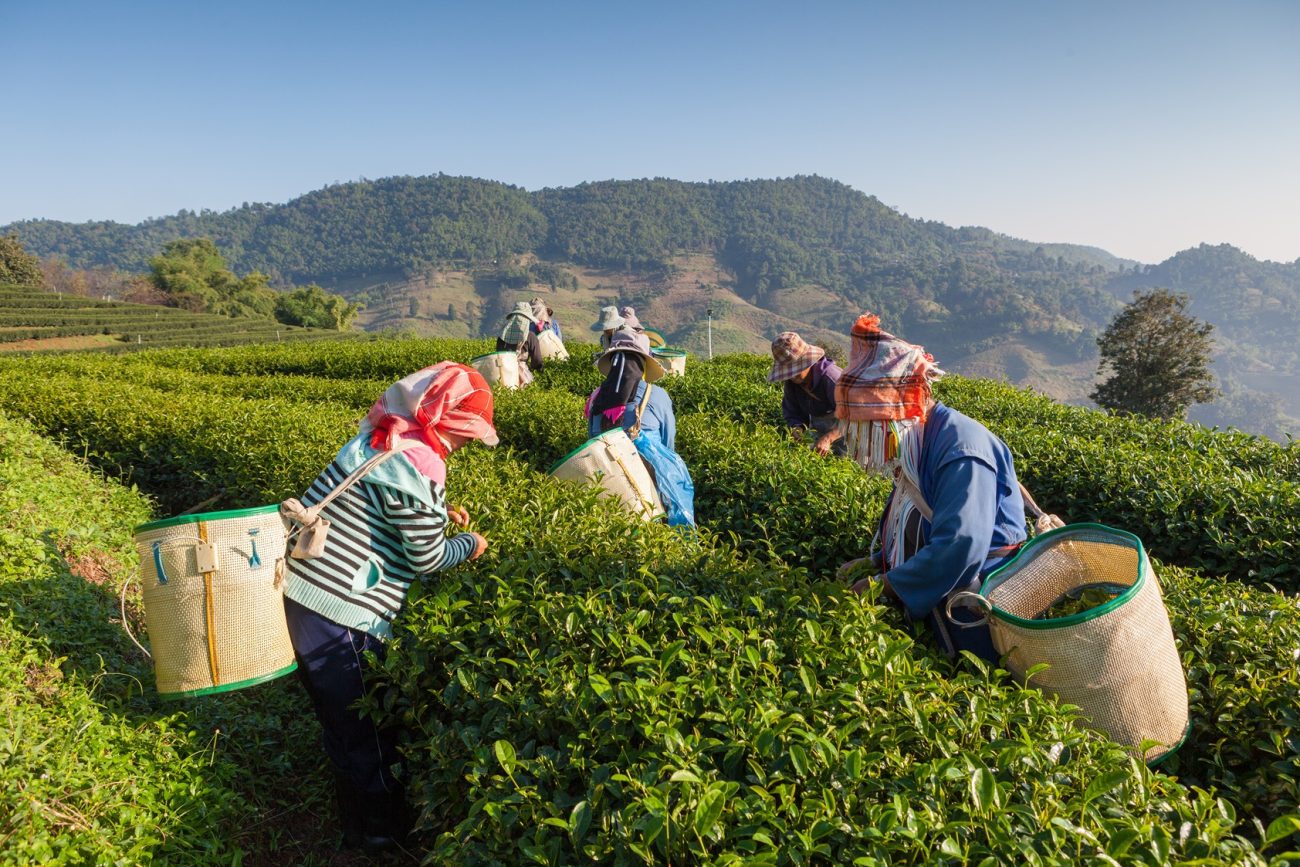
Previous Journeys in Appalachia, Oregon, and Nicaragua have catalysed transformative shifts in mindset and practice. Part of each of the past three Learning Journeys has been an experience of unveiling, of seeing beneath the stories often told. Each one involved an experience of bearing witness on a deeper level, naming something that hasn’t been named that has then informed our subsequent work together.
At a round table discussion in southwest Virginia, Lori Briscoe, a herbalist and founder of Appalachian Teas & Botanicals in Bristol, Virginia, said, “First the timber companies extracted timber from this region. Then the coal companies extracted coal. And then the pharmaceutical companies came told us during the roundtable discussion.”
“This community doesn’t want to feel like the coal companies are coming back but companies need to demonstrate that the herb industry will act differently. If this medicine, these plants go out into the world but don’t heal our communities, that is sick and twisted.”
How we do things matters. The end is only as good as our actions each step of the way. It makes no sense to produce products that heal customers if those producing those products aren’t healed as well.
Ten months later a larger group gathered, this time in southwest Oregon. On the second morning, we sat in a circle under the mother oak at the Banyan Farm and listened to Brook Colley, Associate Professor of Native American Studies, Southern Oregon University who spoke about working with indigenous communities around the world and about reciprocity and respect. When you come to a new place, she said, “Ask: Who lived here? What happened? Where are they now? What did they know?”
There is a context. The places from which companies source herbs has a history, a culture, an economy. People are living their lives in those places. See and understand and respect that context.
In northwest Nicaragua, after spending the morning with Freddy Lobo, a coffee farmer growing turmeric to sell to Doselva, we offered him products from the companies we represented as thanks for his time and generosity.
As we gathered in a circle to say goodbye, he said, “You are the first people to come who have brought us gifts.”
At another farm that afternoon, we asked Estancia, one of the women coffee farmers experimenting with growing turmeric for Doselva, what her family needed. “We need friends,” she told us.
To bring gifts. To be friends.
What does it take to shift from transactional trade relationships to those that are reciprocal? Is it even possible?
At the fourth gathering in Oregon this past June, we came together to ask what are the real changes we can make individually and collectively to address these deeper structural problems?
As Jefferson Shriver, Founder and CEO of Doselva, said recently, “The work of SHI is important because we are doing business.”
In other words, it is one thing to say, process matters, pay attention to context, shift from transactional relationships to ones that are reciprocal. We are asking how to actually do that in businesses that can only have the impact they envision if they stay financially viable.
In focused sessions in Oregon, instead of going out to listen to new farmers and producers, we together discussed key leverage points that we had identified in previous gatherings — balancing purpose and business; supporting thriving wildcrafting communities now and into the future; supporting small holder farmers around the world. In a final session, we each identified actions we would take toward Sustainable Herbs Initiative commitments around self, our work in our companies, and our work with SHI and beyond.
We each placed these on a tree drawn on paper and set in the centre, surrounded by flowers and we will share these with each other to mark our progress.
Ongoing meetings and peer groups
The Sustainable Herbs Initiative also hosts regular virtual gatherings for peer learning and relationship-building. Monthly discussions range from regenerative finance and strategic collaborations to equitable sourcing practices, creating an ongoing space for members to share case studies, insights, and real-world challenges. Working groups also meet monthly to focus on key issues and actions.
Impact of the Sustainable Herbs Initiative
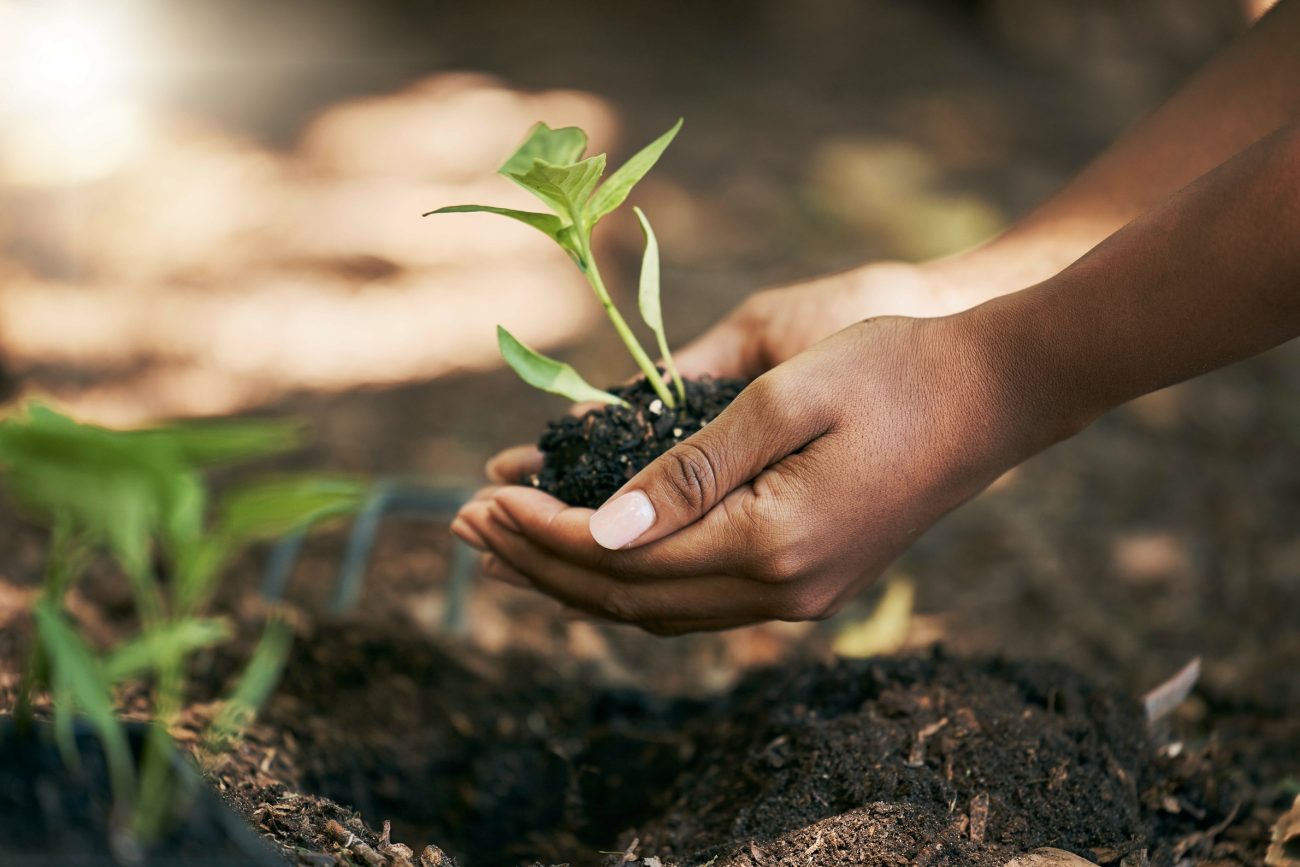
The most powerful impact of SHI is bringing together passionate people committed to bringing about concrete change in the companies where they work. Individuals share resources, information, and knowledge. New sourcing relationships are being established. Individuals are learning from each other, which helps them bring more efficient processes to their own work which in turn saves time and resources. The Sustainable Herbs Initiative’s focus on plants and their healing power also helps infuse herbal values in companies that source and produce herbal products but where many of the employees aren’t herbalists.
This growing network helps each of us do our work with more inspiration and focus.
More concrete impacts take place in the Working Groups.
The Scope 3 Working Group completed a two-year project with Sustainable Ag, a German consulting firm. In this project, seven companies invested money and time to map the emissions for 18 botanicals. This collaboration drastically reduced the amount of money it cost to get this data. In addition, members were trained to do this mapping on their own in the future. This project is now entering phase 2 and new members are invited to join.
The Wild Plants Working group received funding from the American Herbal Products ERB Foundation to document the stories of wild harvesters around the world as part of a broader initiative to support the next generation of wild harvesting communities.
The Storytelling Working Group is creating a joint video of SHI members sharing words from a poem written collectively by the group. Our hope is that this working group can help not only share the work that SHI is doing but also help Sustainable Herbs Initiative member companies reach their customers in new ways.
Our vision for the future
Over the past several years, the SHI has built a foundation for systems-level change in the herbal industry. We’ve successfully piloted Learning Labs, cultivated deep partnerships, and created spaces for honest, often difficult conversations around equity, governance, and regeneration. With minimal funding and the leadership of a small team, SHI has become a trusted convener, a catalyst for collaboration, and a thought leader in the herbal sector. We now stand at an inflection point.
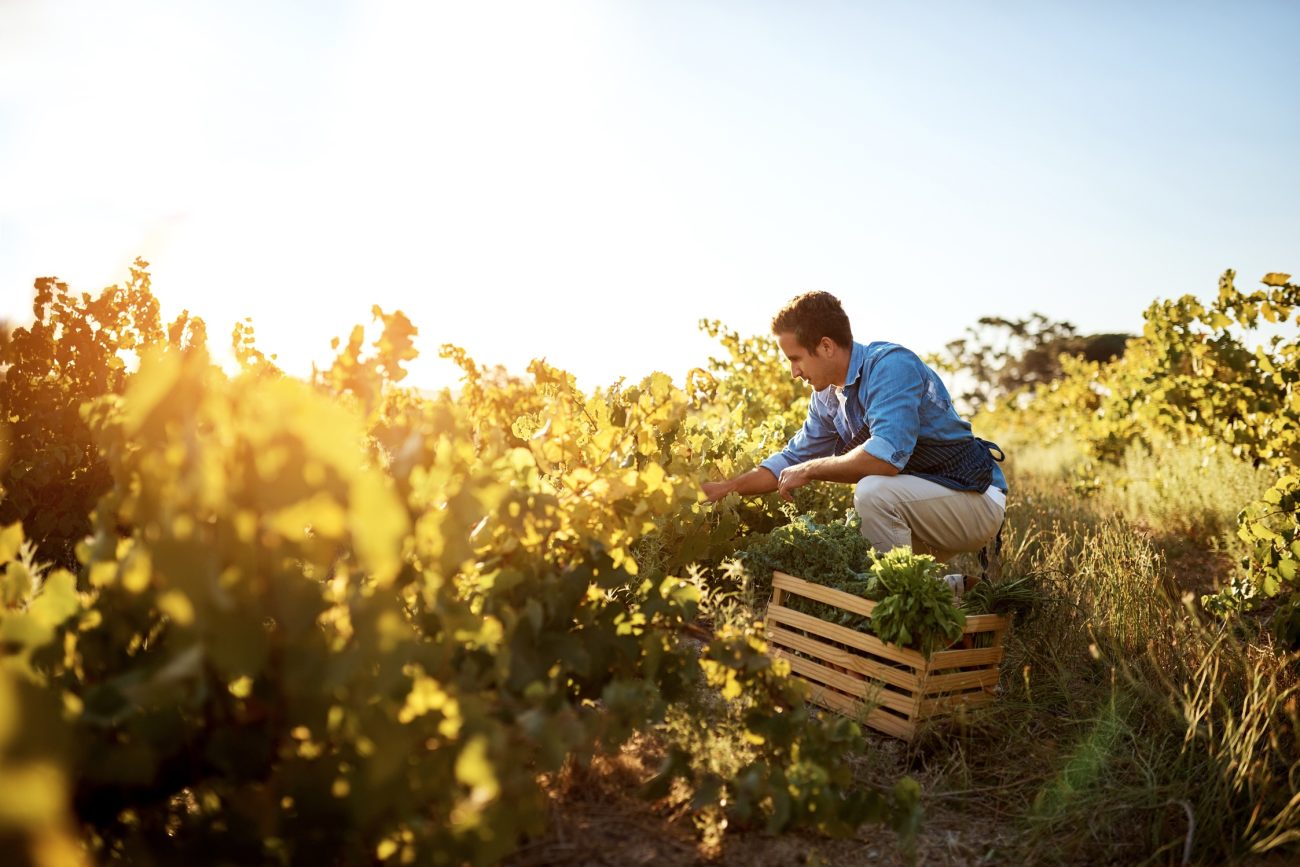
Our vision for the next phase of our work includes four pillars:
1. Reimagining governance: Nature as stakeholder
To drive deep, lasting change, Sustainable Herbs Initiative is pioneering new governance frameworks that position nature not merely as a resource, but as an active participant in business decision-making. Building upon insights from our 2025 Leadership and Governance Learning Lab, we are exploring ways to support initiatives such as nature representation on boards, stewardship-based ownership structures, and capital strategies grounded in reciprocity and ecological balance.
2. Expanding inclusive learning: Amplifying global and local voices
To truly transform the herbal industry, we must elevate the voices of those closest to the land. SHI aims to significantly expand global participation in our Learning Labs and Learning Journeys, ensuring greater inclusivity across geographies, company sizes, and supply chain roles. We are developing programming more specifically tailored to the challenges facing primary processing companies from critical sourcing regions and will offer this programming to them for free, ensuring the wisdom and experience of those at the heart of herbal commerce inform industry-wide sustainability practices.
3. Scaling regenerative business models: Creating practical pathways
The herbal industry urgently needs tangible examples and replicable pathways toward regeneration. SHI will uplift and support companies actively making the transition to regenerative, nature-centered business practices by developing and publishing practical case studies, toolkits, and open-source roadmaps for the broader industry.
4. Shifting industry narratives through storytelling
We believe stories have the power to shift systems. Sustainable Herbs Initiative is committed to amplifying the voices of those most often overlooked — harvesters, smallholder farmers, and traditional knowledge keepers — through a range of storytelling approaches. These include short films, oral histories, interviews, written case studies, and field reports.
My vision is that, in three years, respect for people, plants, and place is no longer the exception in this industry. It has become the norm. That these values are recognised not only by smaller, mission-driven companies but also by CEOs, CFOs, and leadership teams at every level. That SHI continues to serve as a catalyst, a convener, and a trusted space for the kind of collaboration that makes lasting change possible.

